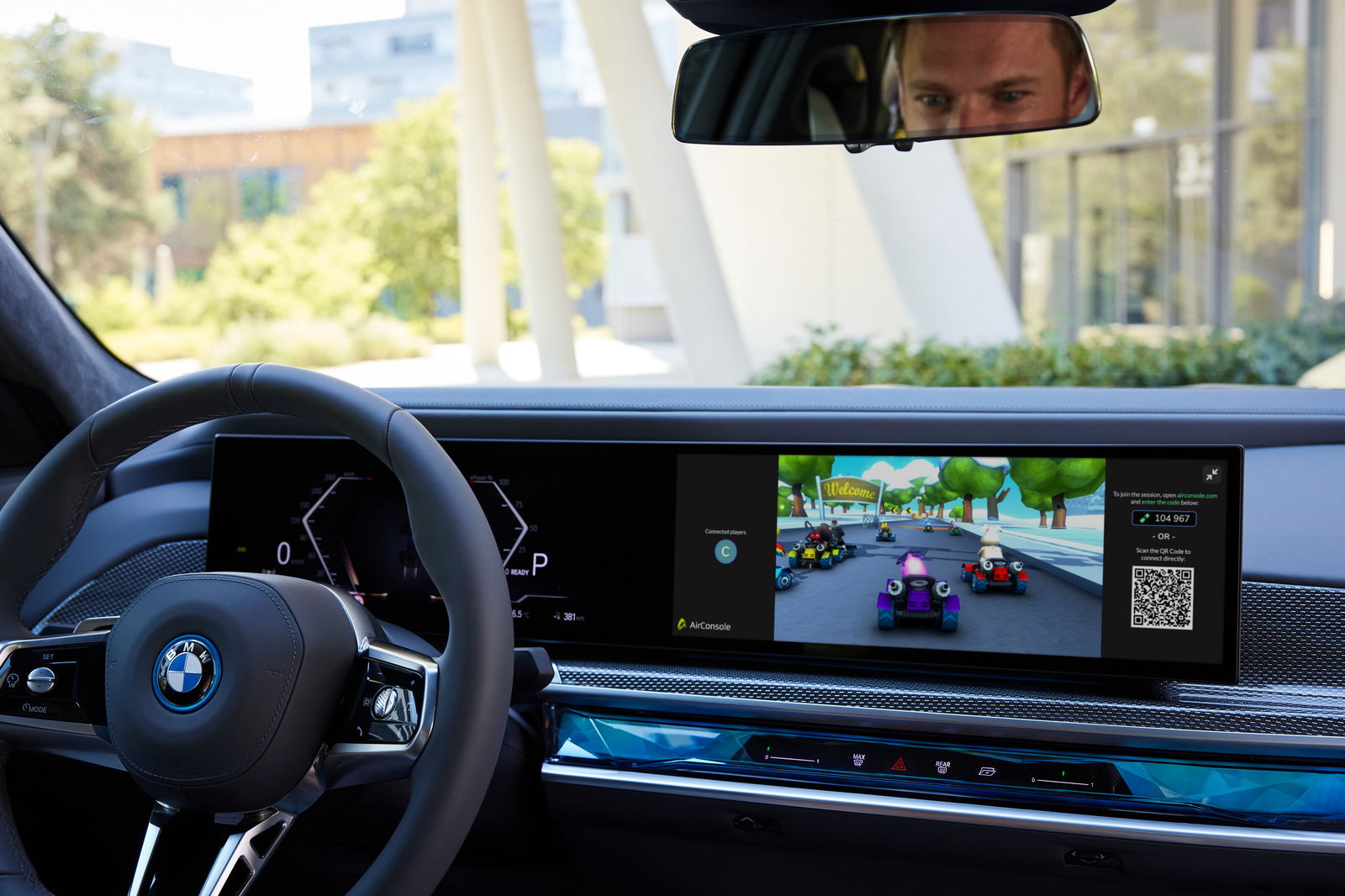Self-driving cars will double congestion and consume too much energy
Self-driving cars could almost double traffic congestion in the UK, and a study in America shows the mind-boggling computing power needed to run them.

A new government report has suggested UK motorists could face an increase in congestion of more than 80% when self-driving cars are introduced.
The report comes from the Department for Transport (DfT) which warns that the introduction of self-driving cars could increase traffic delays by two-times, and between 2025 and 2060 could increase by 85%.

The DfT predicts that more than 50% of the cars in the UK will be self-driving by 2047, and would increase congestion and traffic due to the increased mobility they afford to people without car or motorcycle licences, and the elderly, the RAC reports.
Last year, the UK government announced plans for autonomous vehicles to begin their implementation on the country’s roads by 2025, but as yet they remain illegal in the UK.
Additionally, their technology is not complete, and remains very much a work in progress, as shown by the below video.
I obtained surveillance footage of the self-driving Tesla that abruptly stopped on the Bay Bridge, resulting in an eight-vehicle crash that injured 9 people including a 2 yr old child just hours after Musk announced the self-driving feature.
Full story: https://t.co/LaEvX9TzxW pic.twitter.com/i75jSh2UpN— Ken Klippenstein (@kenklippenstein) January 10, 2023
In addition to autonomous technology not being ready, there is a case to say that it is not even remotely ready, and that it could cost too much time, resources, and money in order to make it ready for public consumption in a passenger car, for example.
An article from Bloomberg published last year explained how even after $100 billion USD have been spent on autonomous vehicles, fully-self-driving technology is still not capable of doing more than simple back-and-forth journeys on predetermined, predictable routes in a safe or efficient way.
MIT study shows energy costs of self-driving cars
Moving from financial to energy costs, the figures remain enormous. A recent study from the Michigan Institute of Technology (MIT) found that if the global fleet of vehicles were to become majority-autonomous, the computers used to run the artificial intelligence (AI) controlling those vehicles would consume as much energy as all of the existing data centres currently in the world today, which account for 0.3% of global carbon emissions.
Further, the study says: "If an autonomous vehicle has 10 deep neural networks processing images from 10 cameras, and that vehicle drives for one hour a day, it will make 21.6 million inferences each day. One billion vehicles would make 21.6 quadrillion inferences. To put that into perspective, all of Facebook’s data centers worldwide make a few trillion inferences each day (1 quadrillion is 1,000 trillion)."
The energy consumption of autonomous vehicles "has the potential to become an enormous problem," according to Soumya Sudhakar, a graduate student in aeronautics and astronautics, and first author on the MIT study. Her solution is to "design more efficient autonomous vehicles that have a smaller carbon footprint from the start," but the more fundamental issue - as illustrated in the above and aforementioned video - is that autonomous cars don't yet work, even with inefficient technology with relatively little energy compromises and therefore as much focus as possible on its functionality.
It is difficult to refine something's functionality to make it work in a more effective way, when just getting it to work in the first place is apparently proving impossible. Getting something to work is the first step; reducing the energy consumption comes later.
Royal Enfield Super Meteor 650 Review - an Indian tour on the new cruiser

